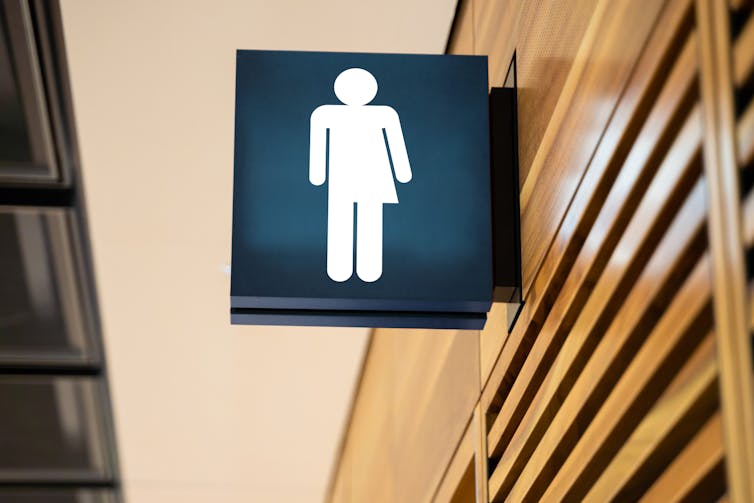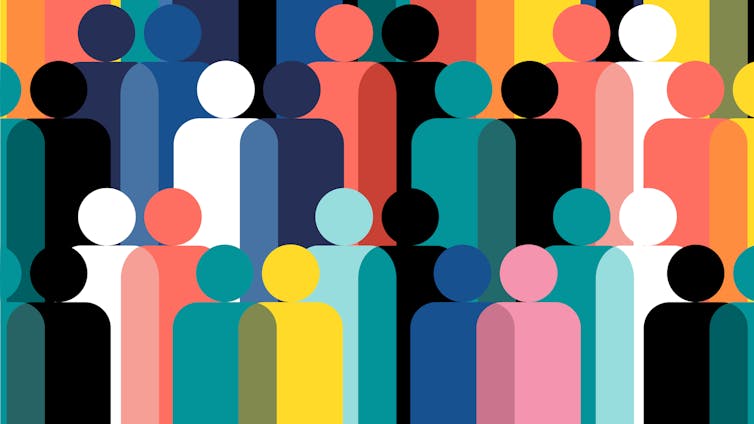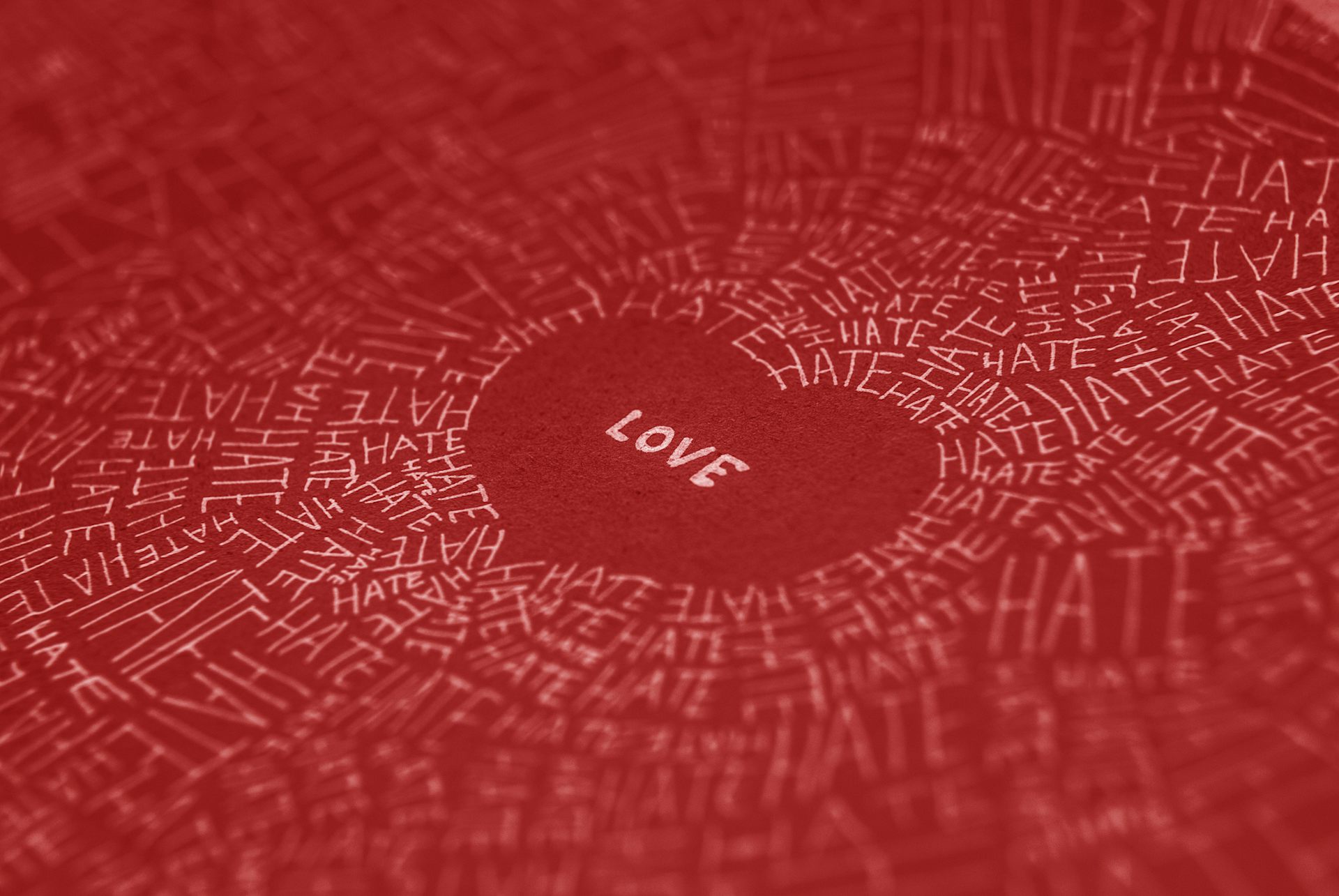‘My gender is like an empty lot’ − the people who reject man, woman and any other gender label
One similarity between people who seek to reinforce gender binary and those who seek to expand beyond it is the idea that everyone has a gender.

When I asked Manisha to describe her gender identity, she gave a simple answer: “Meh.”
“I don’t have a gender identity,” Manisha explained. “I get that other people look at me and see a woman but, for myself, there’s a blank space where my gender ‘should’ be. My gender is ‘none.’”
Manisha’s response didn’t shock me. In my work as a sociologist, I had been interviewing asexual individuals – people who experience low to no sexual attraction – across the United States for months from 2020 to 2021. Like Manisha, more than a third of the 77 people I talked to were uncomfortable with defining themselves through the lens of gender. Gender was, as I came to describe it, detached from their sense of self.
This finding comes at a tumultuous time in the politics of gender. On the one hand, transgender and queer social movements have sought to expand people’s ability to break out of the gender binary of man or woman. On the other, the Trump administration has aggressively worked to reassert the gender binary by law.
In my recently published research, I draw on interviews with 30 asexual people who, like Manisha, felt uncomfortable adopting any gender identity. These individuals said they felt that gender was irrelevant, unimportant, pointless and, overall, not a helpful framework for understanding and defining themselves.
These feelings of not identifying with gender highlight an unexpected belief shared by conservative politicians and by many within transgender and queer communities: the assumption that everyone has a gender identity.
Gender detachment
During this research, I spoke with asexual people from a variety of backgrounds across the U.S., ranging from ages 18 to 50. When I began, I planned on comparing the gendered experiences of three groups: asexual men, asexual women and nonbinary asexuals. I quickly had to abandon that plan as I repeatedly encountered interviewees who did not fit into any gender category.
Ollia was the first person who struck me as impossible to assign a gender to. “My gender is like an empty lot: There may have been a building there at some point, but it’s long since fallen away, and there’s no need to rebuild it,” they explained. “The space is better for being left empty.”

Many struggled to explain this sense that they did not truly have a gender identity. “There really isn’t a specific term that can be used to describe how uninterested I am in the concept of gender as a whole,” said a respondent named Faye.
Faced with a language vacuum, I eventually coined a term to describe these distant and skeptical relationships with gender: gender detachment.
Compulsory gender
Gender detachment might sound similar to being agender – that is, not having a gender. Researchers often see agender as a subset of nonbinary. However, most respondents drew a distinction between gender detachment and being agender or nonbinary.
For example, when I initially asked Brandy about their gender identity, they said they were agender. When I asked how accurate that label felt, however, Brandy explained that the term ultimately felt incorrect.
“A lot of people see gender as a spectrum from pink to purple to blue … and I’m a splotch of green on the frame,” Brandy explained. “I just don’t see myself in that spectrum. While agender and nonbinary are handy terms, they still work within a gendered framework I don’t place myself in.”
Brandy quietly pointed out something I found profound: The assumption that everyone has a gender is so omnipresent that even the sense that you do not have a gender has been turned into a gender identity – agender.
In other words, gender detachment poses a significant challenge to how people often think about gender – namely, the assumption that everyone has a gender identity. Gender detachment isn’t just about not identifying as a man or a woman; it’s about not identifying with gender at all.
Sociologists broadly agree that gender is a social construct, meaning its definition, norms, behaviors and roles are created and shaped by society, not by biology. This perspective implicitly understands gender categories to also be concepts created and shaped by cultural norms.
Western societies generally assume that everyone does – and should – have a gender identity. But what people who experience gender detachment show is that the very system of gender categorization is itself a social construct: an idea based on cultural norms rather than in empirical reality. I call this assumption compulsory gender.

Resisting compulsory categorization
Gender detachment represents a way people are resisting gender as a compulsory system of categorization.
Asexual people are uniquely positioned to question conventions surrounding gender. Asexuality upends the belief that everyone experiences sexual attraction – an assumption often called compulsory sexuality. It made sense to me that as asexual people begin questioning the universality of sexuality, some might also being to question the universality of gender. As compulsory sexuality crumbles, so does compulsory gender.
Sociologists often reinforce compulsory gender in how they measure and ask questions about gender. Indeed, that was initially the case for my own study. In each interview, I asked respondents about their gender identity. Almost all gave one. It was only when I asked them about their feelings about gender that I realized the identity they gave me did not feel entirely accurate to them. Rather, they felt detached from gender overall. My findings suggest that going beyond simply asking respondents to report their gender could help researchers better understand how people feel about the very concept of having a gender identity.
One way of understanding the current gender tug-of-war in U.S. culture is as a struggle over what gender identities people are allowed to claim. One camp seeks to expand how many gender identities are available and allow people to choose what resonates most with them. The other camp seeks to obligate people to identify solely within a gender binary of man or woman.
My findings on gender detachment suggest that despite their consequential differences, both camps reinforce compulsory gender by assuming gender is a universal element of who people are.
Canton Winer does not work for, consult, own shares in or receive funding from any company or organization that would benefit from this article, and has disclosed no relevant affiliations beyond their academic appointment.
Read These Next
How business students learn to make ethical decisions by studying a soup kitchen in one of America’s
For 50 years, St. Francis Inn in Philadelphia has served the poorest and most vulnerable people in Kensington.
Addiction affects your brain as well as your body – that’s why detoxing is just the first stage of r
Substance use disorders are widespread in the US, but many people wrongly equate detoxing with being…
More than a feeling – thinking about love as a virtue can change how we respond to hate
Love and hate seem like obvious opposites – but for philosophers of virtue, it’s not so simple.





